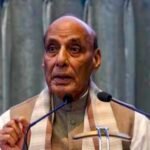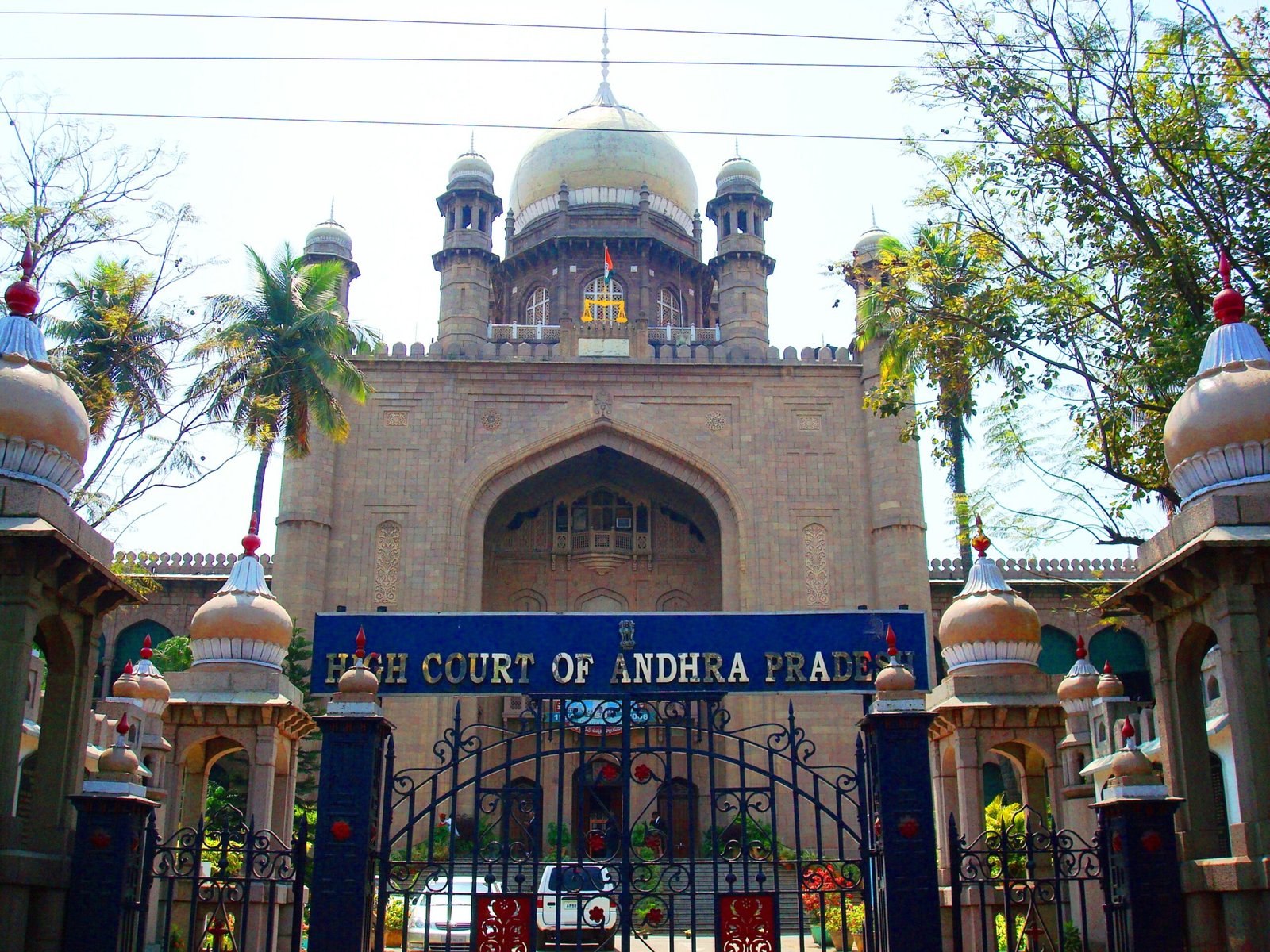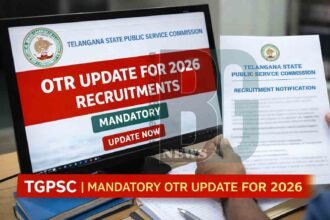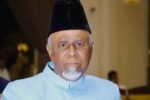PIB: In a significant event, the Prime Minister of India addressed the Governors of various Prefectures in a candid interaction that focused on several national priorities. The session aimed to discuss key issues concerning governance, development, and coordination between state and central authorities. Here’s a detailed look at the Prime Minister’s key remarks during the meeting.
1. Strengthening Federal Structure
The Prime Minister began by emphasizing the importance of India’s federal structure and the need for cooperative federalism. He highlighted that the role of Governors is critical in ensuring the seamless implementation of central government policies at the state level. The Prime Minister reiterated that Governors play a crucial role in fostering better state-central coordination for the nation’s growth.
2. Focus on National Development Goals
The Prime Minister emphasized the national development agenda, pointing out that the country is on the path to becoming a global economic powerhouse. He urged Governors to lead by example and ensure the smooth implementation of various government initiatives aimed at improving infrastructure, education, and healthcare at the state level.
The Prime Minister specifically mentioned PM Gati Shakti, a national master plan for multi modal connectivity, and Atmanirbhar Bharat, the initiative aimed at making India self reliant, and asked Governors to monitor the progress of these schemes in their respective states.
3. Development of Local Infrastructure
The Prime Minister stressed the need for enhanced local infrastructure, especially in remote and underserved regions. He called for the Governors to ensure the timely completion of projects in critical sectors such as transportation, water supply, and sanitation. He also acknowledged the importance of digital connectivity in bridging rural urban divides and empowering citizens in remote areas.
4. Education and Skill Development
Addressing the need for a robust education system, the Prime Minister urged the Governors to focus on the quality of education in their respective states. He pointed to the National Education Policy (NEP) and its emphasis on skill development and vocational training as key instruments for fostering youth empowerment and employment generation.
He further highlighted the need to improve digital literacy and ensure that education systems are aligned with the demands of the digital economy, to prepare the youth for future challenges.
5. Climate Change and Environmental Sustainability
The Prime Minister also addressed the pressing issue of climate change and called for stronger efforts toward environmental sustainability. He pointed out that each state needs to adopt tailored strategies for green growth, keeping in mind the unique environmental challenges they face. He emphasized the importance of renewable energy, water conservation, and sustainable agriculture practices.
6. Law and Order, Security, and Justice
The Prime Minister remarked on the importance of maintaining law and order while ensuring justice and peace at all levels. He emphasized the Governors’ role in maintaining a stable and secure environment conducive to development. In light of recent security challenges, he called on the Governors to ensure adequate preparedness in their states and enhance coordination between the police forces and central agencies.
7. Social Welfare and Health
Another crucial area discussed was social welfare and public health. The Prime Minister acknowledged the remarkable efforts made by states in battling the COVID-19 pandemic and commended the vaccine rollout. He urged the Governors to continue focusing on health infrastructure, especially in rural and underserved areas. He also emphasized the importance of mental health and well-being, particularly in the aftermath of the pandemic.
8. Decentralized Governance and Local Empowerment
The Prime Minister highlighted the need for decentralized governance, where local leadership can make decisions that cater to specific needs of their communities. He urged the Governors to foster closer ties with local government bodies and community leaders to ensure effective governance at the grassroots level.
9. Promoting Indian Culture and Heritage
In his concluding remarks, the Prime Minister called for a revival of India’s rich cultural heritage, urging the Governors to encourage initiatives that highlight the country’s diversity and traditions. He expressed the importance of preserving India’s historical monuments, art forms, and traditional practices, and how these could contribute to tourism and national pride.
Conclusion
The Prime Minister’s interaction with the Governors of Prefectures was a timely reminder of the critical role that governors play in the governance and development of India. His remarks covered a broad spectrum of issues, from infrastructure and education to law and order, and emphasized the need for cooperative efforts between the state and central governments to address the evolving challenges facing the nation.
The interaction concluded with a call for unity, progress, and collaboration, underscoring the importance of a strong relationship between the Union Government and the States to take India forward on its path to growth, stability, and prosperity.















